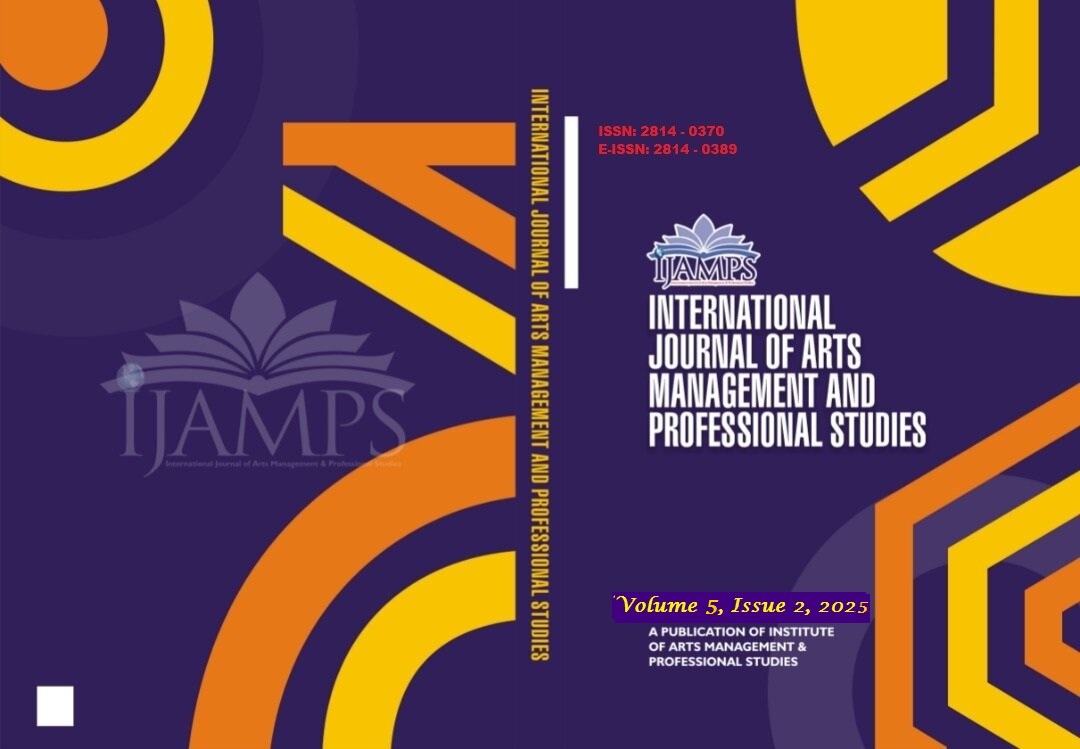
HARMONISING ARTIFICIAL INTELLIGENCE FOR LOCAL GOVERNMENT DEVELOPMENT: BENEFITS AND CHALLENGES IN UYO LGA, NIGERIA
Dr. Bassey Moses Ogar
Volume 5, Issue 2, June 2025
The study seeks to analyse how AI has been implemented in the administration of the Uyo Local Government Area and the possible benefits and difficulties associated with its implementation. To achieve this, a cross-sectional survey approach through questionnaires was administered to one hundred (100) respondents each in five purposively selected administrative wards, which include Ikot Ekpene Road, Ewet, Uruan Street, Wellington Bassey, and Four Towns and include local government officials, community heads, residents, and IT specialists. Respondents completed structured questionnaires assessing AI's potential contributions to service delivery, resource allocation, community safety, environmental management, healthcare, and governance using a four-point Likert scale (Cronbach's Alpha: 0.85). Discriminant analysis showed general agreement that AI positively impacted administration, use of resources, service delivery and governance. Results of quantitative data were analysed using one-sample t-tests, which showed that these perceptions were significantly different from a baseline value of 2.0 (p < 0.05). Some key issues encountered during adoption were infrastructure, lack of funds, low adoption level of ICT, and lack of human capital in implementing IT applications. It also shows the suitability of AI and underlines the belief that there should be intentional efforts to develop AI infrastructure and strengthen capacities that can harness its value. Thus, the study offers policy suggestions to support adopting AI technology for a responsive local government.